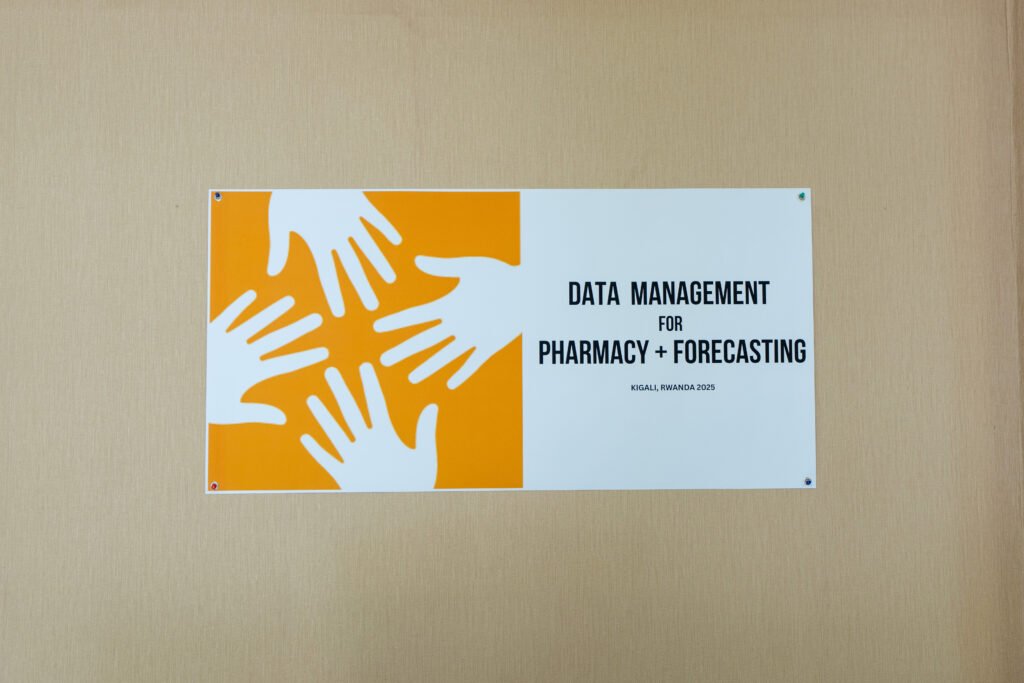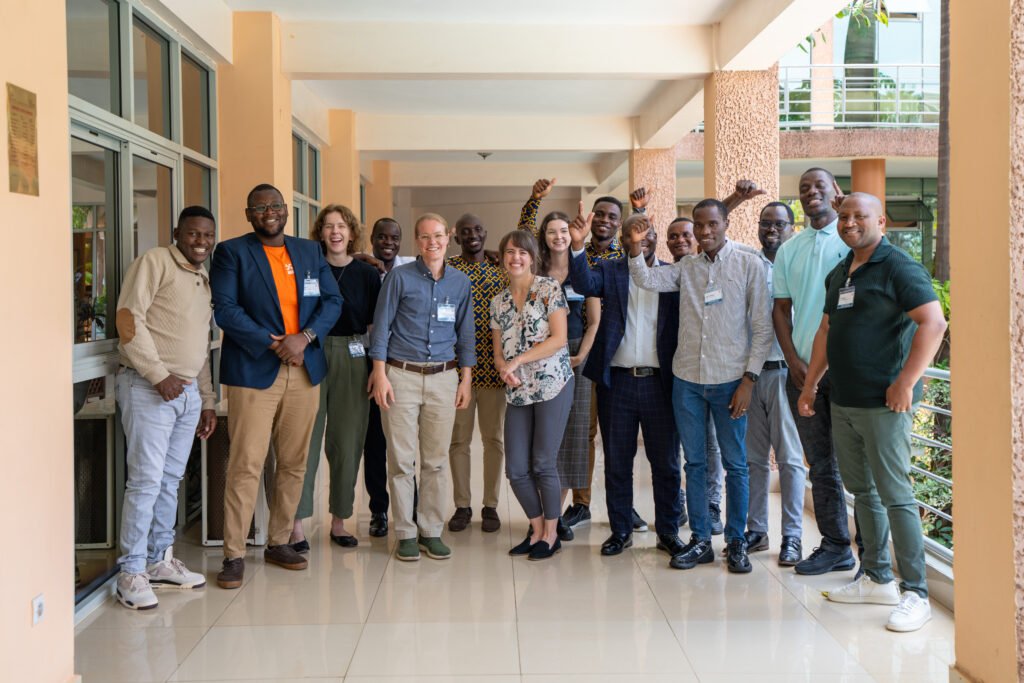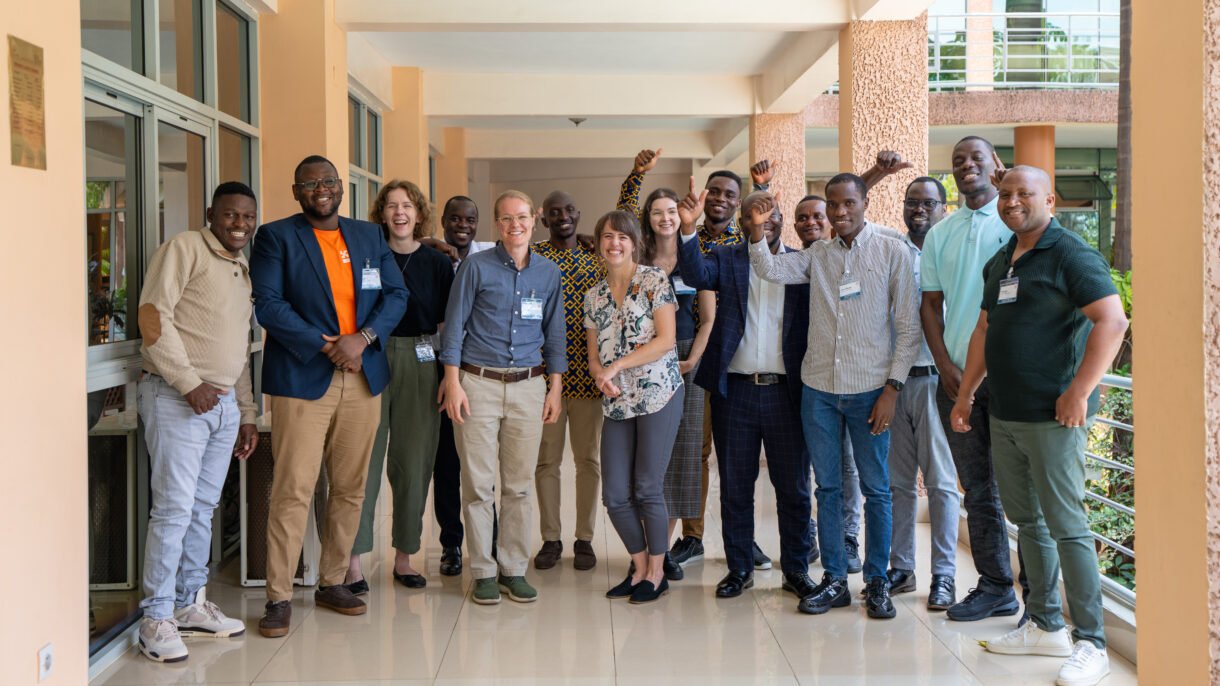Today, September 19, 2025, we completed our international training in Data Management for Pharmacy and Forecasting in Kigali, Rwanda. This training brought together pharmacists and systems specialists from five countries (Liberia, Rwanda, Malawi, Sierra Leone, and Lesotho), along with our facilitators from the International Operations.
The training focused intensely on mastering the end-to-end process of Clinical Replenishment and Forecasting. I learned principles that will help Partners In Health Liberia to maintain accurate and high-quality data. The different sessions give me the awareness of how to balance between stock-out of essential medicines and overstocking, which could lead to expiry, waste, or financial loss.

Phase 1: The Foundation of Mastering the Data Life Cycle
This phase established that the quality of our forecasting is only as good as the quality of our data:
- Clinical Replenishment Overview: We started with the “why”, understanding the strategic importance of rapid, accurate ordering in a clinical setting.
- The Critical Art of Data Cleaning: This was a major focus. If product names, units of measure (UoM), and transaction dates are inconsistent, the entire forecast collapses. We reviewed validation and standardization techniques essential for transforming unreliable transactional logs into trustworthy data sets.
- Replenishment Order Data & Analysis: We moved from data cleaning to the mechanics of using that clean data to generate initial order lists and then analyzing them to ensure the calculations were accurate before placing a purchase request.
Phase 2: Actionable Insights of Practice and Performance
The middle of the training was dedicated to converting principles into practice, with a heavy emphasis on auditing the systems that house our most crucial items (like pharmacy supplies).
- Intensive Pharmacy Review: We spent significant time auditing pharmacy practices, examining how consumption is recorded and how stock is managed on the ground. This highlighted the necessary feedback loop between the system data and real-world operations.
- Power BI Skills Session: I especially valued the training on Power BI. This session was key to learning how to find actionable KPI on the dashboards that stakeholders can use for quick decision-making.

Phase 3: Stock-Out Prevention and Growth
The final stage was focused on long-term sustainability and performance improvement.
- Stock Out Prevention: This was the ultimate objective. We focused on techniques like setting accurate Safety Stock Levels and optimizing Lead Time visibility to build the buffer needed to avoid disruptions entirely. We also learn some of the outliers that lead to stock-outs amid forecasting.
- Order Tracking & Follow-Up: We learned methods for tracking orders, managing delays, and most importantly, following up on significant Demand Changes. Understanding why demand spiked or dropped is crucial for improving the next forecast.
- Final Presentations: The training concluded with applying everything we learned to a final project. I presented a case study on “Stockout Investigation and Prevention”, which focused on identifying root causes of frequent stockouts in essential medicines and implementing practical measures to strengthen supply chain monitoring.
The core lesson is this: The difference between a successful replenishment and a shattering stock-out is not luck, but discipline. It’s the discipline to clean the data, to track the goals, and to continuously analyze the results. This training has equipped me to not only maintain these life-saving systems but to actively optimize them for maximum reliability.
I am grateful to PIH Liberia for allowing me to serve as one of the participants for this training and our four amazing facilitators – Ali, Ginny, Laura, and Lauren – who were outstanding throughout the training.



